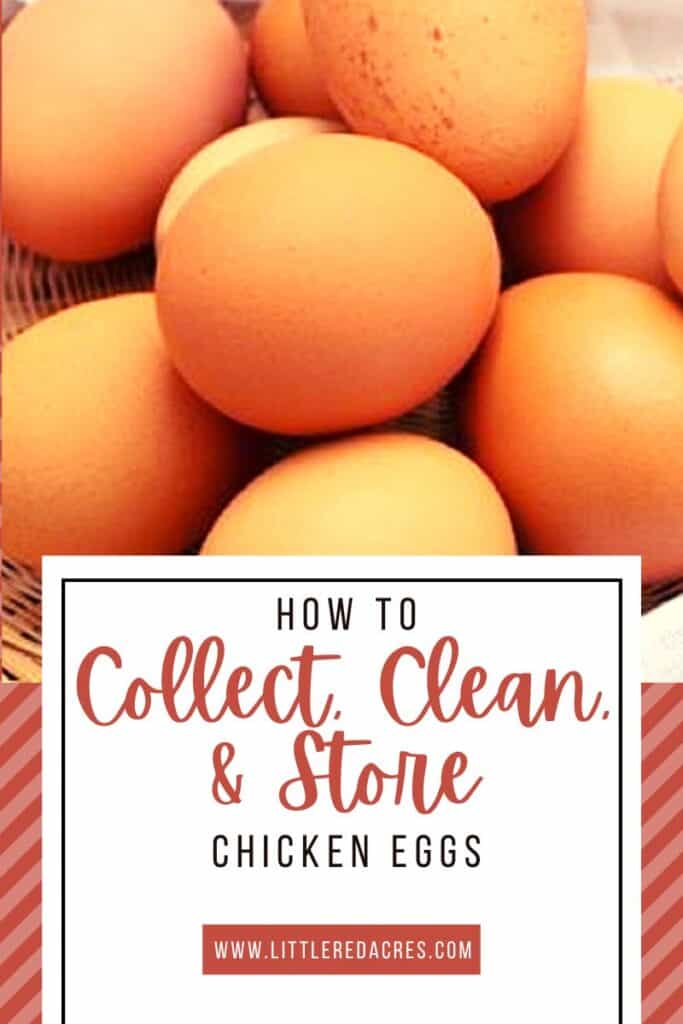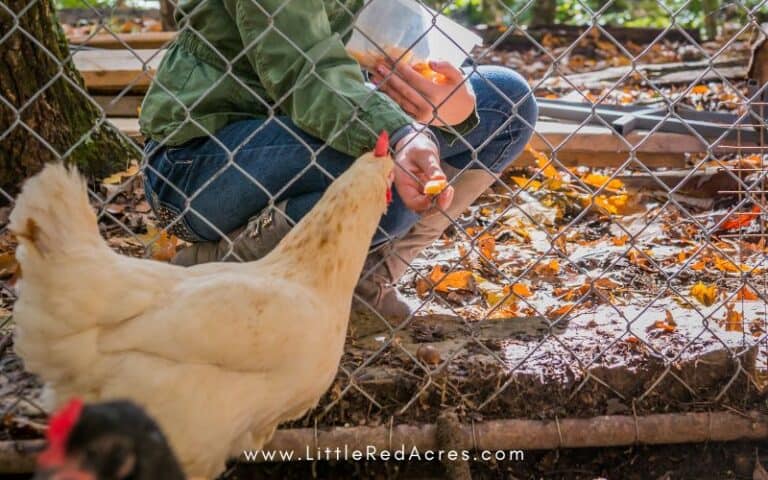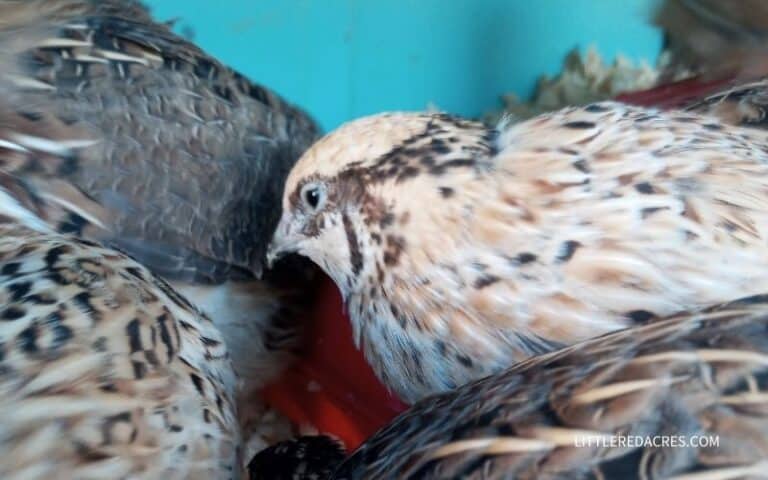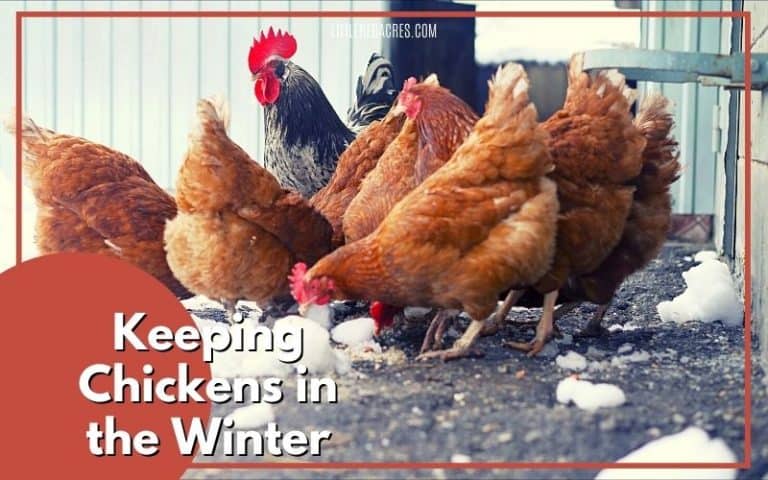How to Collect, Clean, and Store Chicken Eggs
Inside: Learn how to manage your chicken's egg production effortlessly. Learn tips on how to collect, clean and store chicken eggs with ease.
Once your chickens have reached a certain age, you are going to start getting eggs. Sometimes, a lot of eggs. The amount of eggs you are going to get each day is going to depend on the type of chickens you have. It doesn't have to be any work at all to collect, clean, and store chicken eggs.

This post may contain affiliate links, see my disclosure policy for more information.
How to Collect, Clean, and Store Chicken Eggs
Hens generally lay eggs within six hours of sunrise — or six hours of artificial light exposure for hens kept indoors. Which means any time after sun-up. Unlike quail who later in the afternoon.
Collecting Eggs
I like to collect our eggs every day. It helps to keep my chickens from brooding – Brahmas and silkies are known to go broody often, and leaving the eggs in the nesting box will encourage them to go broody.
Get updates & freebies delivered to your inbox!
Grab something to collect your eggs in. I often use my coat pockets, however, this has led to me forgetting eggs in my pocket and getting a surprise later on. There are a number of great pockets out there to make egg collecting easier.
Cleaning Chicken Eggs
Did you know you don't have to clean your eggs? I do not clean my chicken eggs unless they are super dirty. When you need to clean your eggs just use cool warm and if necessary a cloth.
How to Store Farm Fresh Chicken Eggs
To refrigerate or not, that is the question.
Unwashed freshly-laid eggs from backyard chickens or a local farm can safely be stored at room temperature for several days or even a couple of weeks.
Washed eggs must be stored in the refrigerator, including those from your backyard flock or bought at a farm market. When in doubt, store eggs in the fridge.
When eggs are washed the bloom is also washed away, thus leaving the eggs more susceptible to spoiling – particularly when stored at room temperature.
I recommend waiting to wash your fresh eggs until right before you use them. That is unless they are soiled with poop, mud, or otherwise in need of a good rinse. In that case, wash dirty eggs but then store them in the refrigerator thereafter.
Otherwise, avoiding washing eggs right after you collect them will extend their shelf life and freshness, whether you store them at room temperature or in the fridge.
If you are looking to store your chicken eggs long terms for when your ladies either stop laying for molt or due to less daylight, look into water glassing your chicken eggs. We did this for the first time last year and noticed no difference in the eggs. You can also do this with quail eggs.
So far I have 6 large jars set aside for this coming winter.

Collecting Clean Eggs
The best way to collect clean eggs from your chickens is to have clean nesting boxes. Provide them with a clean place to lay their eggs and you'll collect clean eggs.
Straw and shavings make great bedding in your coop and the nesting boxes. Cleaning them out often leads to cleaner eggs.
Frequently Asked Questions About Storing Eggs
Should you wash chicken eggs before storing them? No. It's not necessary or recommended for consumers to wash commercially packaged eggs, and it may actually increase the risk of contamination because the wash water can be “sucked” into the egg through the pores in the shell.
Are backyard chicken eggs safe to eat? Eggs from backyard chickens are safe to eat when the birds are healthy, the coop is clean, the eggs have an intact bloom, and they are handled properly.

Want More?
7 Reasons to Have Backyard Chickens






